Diesel cars have long been heralded for their fuel efficiency and torque, making them a popular choice for drivers seeking both power and economy. However, in recent years, environmental regulations and technological advancements have significantly altered the landscape of diesel car ownership. With these changes in mind, it’s essential to understand the benefits, challenges, and future trends associated with owning a diesel vehicle today.
The Benefits of Diesel Cars
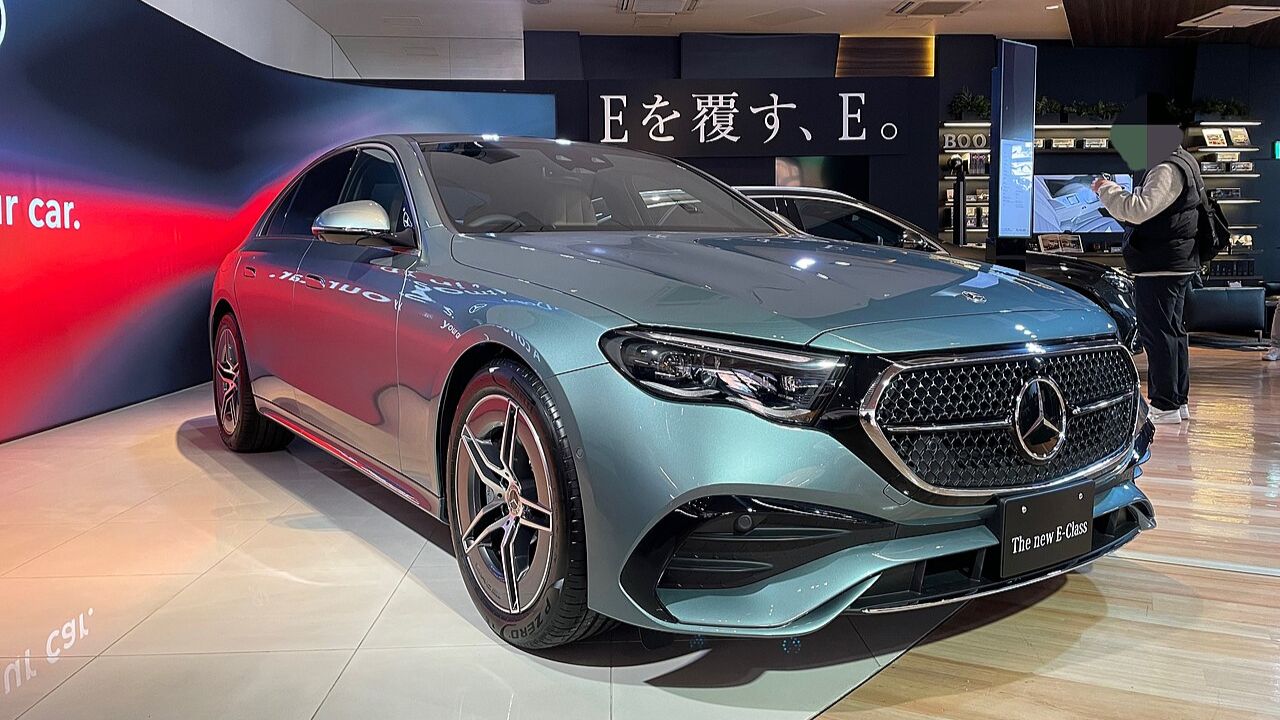
Fuel Efficiency and Range
One of the primary advantages of diesel engines is their superior fuel economy compared to their gasoline counterparts. Diesel fuel contains more energy per liter, allowing diesel vehicles to travel further on a single tank. For example, the 2023 Mercedes-Benz E-Class diesel model can achieve up to 40 miles per gallon on the highway, significantly better than similar gasoline models. This increased range is particularly beneficial for long-distance drivers who spend considerable time on the road, reducing the frequency of refueling stops and ultimately saving money on fuel costs.
Torque and Performance
Diesel engines are renowned for their high torque output, which provides excellent pulling power. This makes diesel cars ideal for towing and carrying heavy loads. Whether you’re driving a Ford F-250 Super Duty or a Chevrolet Silverado 2500HD, the robust torque of a diesel engine ensures superior performance under demanding conditions. Additionally, diesel engines perform exceptionally well in various driving environments, from city streets to rugged terrains, offering a versatile option for those who require both power and efficiency.
Longevity and Durability
Diesel engines are built to last, often outlasting gasoline engines by hundreds of thousands of miles. Their robust construction and design mean that, with proper maintenance, vehicles like the Volkswagen Golf TDI can easily surpass 300,000 miles. Regular maintenance practices, such as timely oil changes and fuel filter replacements, play a crucial role in extending the life of a diesel engine. This durability makes diesel cars a wise investment for those planning to own their vehicles for extended periods.
Environmental and Regulatory Challenges

Emissions Regulations
Stricter emissions standards have been introduced globally to address environmental concerns associated with diesel engines. Regulations such as the Euro 6 standards in Europe require car manufacturers to reduce nitrogen oxide and particulate emissions. This has led to innovations in diesel technology, including the development of cleaner engines. Despite these improvements, diesel emissions remain a concern due to their potential impact on air quality and human health, prompting ongoing regulatory scrutiny.
Scrutiny and Public Perception
The perception of diesel engines has been tarnished by past emissions scandals, most notably the Volkswagen emissions scandal, which revealed that some diesel vehicles emitted more pollutants than advertised. This has led to a shift in public perception, with many consumers viewing diesel engines with skepticism. However, recent advancements in clean diesel technologies are helping to restore confidence among environmentally conscious consumers, although the stigma still lingers to some extent.
Cost Considerations
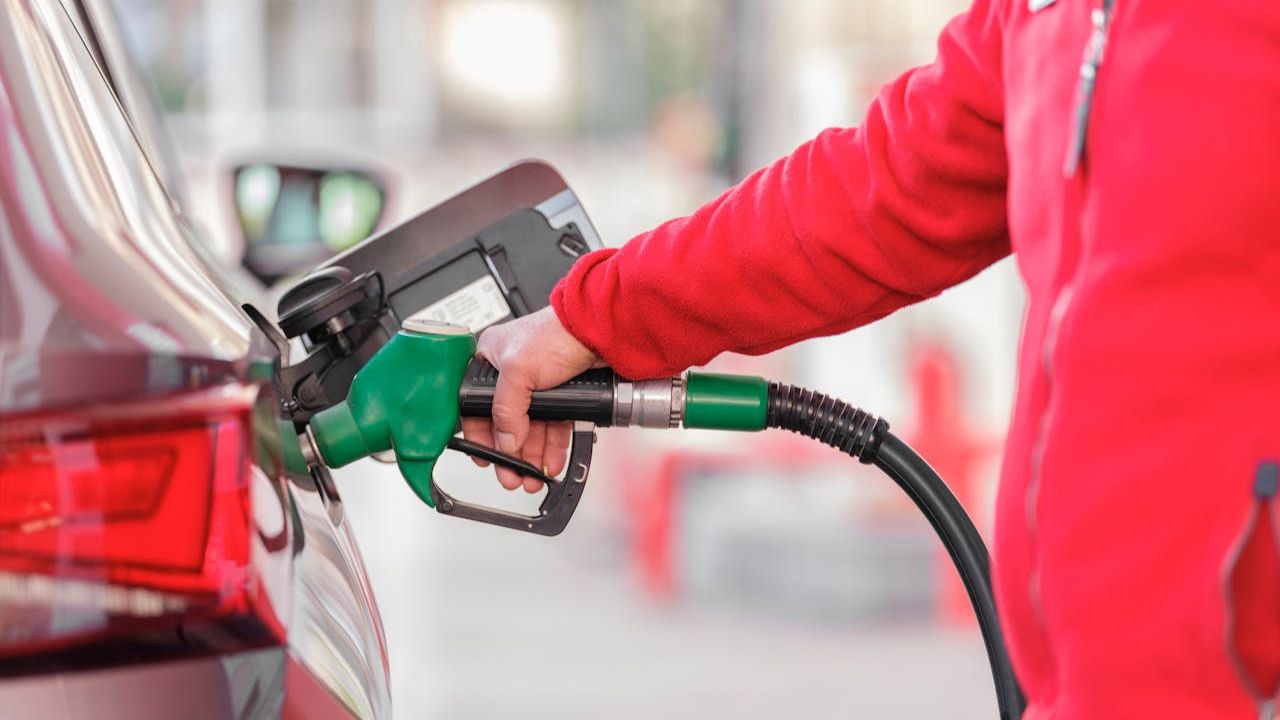
Fuel and Maintenance Costs
While diesel fuel is often more expensive than gasoline, the superior fuel efficiency of diesel engines can offset the higher cost at the pump. For instance, diesel drivers may find themselves refueling less frequently than gasoline car owners. Maintenance costs for diesel cars can also be higher, primarily due to the need for specialized mechanics and diesel-specific parts. However, the longevity and durability of diesel engines can lead to lower overall maintenance expenses in the long run.
Depreciation and Resale Value
Diesel vehicles often hold their value better than gasoline cars due to their durability and fuel efficiency. Models like the Jeep Grand Cherokee EcoDiesel retain a significant portion of their value over time. Factors influencing the resale value of diesel vehicles include market demand, fuel prices, and overall condition. As the market for diesel cars evolves, potential buyers should consider these factors when assessing the long-term value of their investment.
Technological Advancements

Clean Diesel Technologies
Advancements in diesel technology have focused on reducing emissions and improving efficiency. Technologies such as diesel particulate filters (DPF) and selective catalytic reduction (SCR) systems have been developed to minimize harmful emissions. The implementation of these technologies in models like the BMW 3 Series Diesel has helped mitigate the environmental impact of diesel engines, making them a more viable option for eco-conscious consumers.
Hybrid Diesel Innovations
The emergence of diesel-electric hybrid vehicles represents a significant innovation in diesel technology. These hybrids combine the efficiency of diesel engines with the eco-friendly benefits of electric motors, offering improved fuel economy and reduced emissions. Vehicles like the Peugeot 3008 Hybrid4 illustrate the potential of this technology, providing a glimpse into the future of diesel-powered transportation. As research and development continue, we can expect further advancements in hybrid diesel technologies.
Future of Diesel Cars

Market Trends and Predictions
The global market for diesel vehicles has seen shifts in recent years, with some regions experiencing a decline in diesel sales. In Europe, for example, diesel’s market share has decreased due to increased environmental awareness and government incentives for electric vehicles. However, diesel remains popular in regions where its benefits align with consumer needs, such as in Australia and parts of the United States. Future trends may see a balance between traditional diesel vehicles and newer, cleaner technologies as manufacturers adapt to changing consumer preferences.
Impact of Electric and Alternative Fuels
The rise of electric vehicles (EVs) poses a significant challenge to the diesel market. As more consumers turn to EVs for their environmental benefits and lower operating costs, diesel vehicles may face decreased demand. However, diesel technology is also evolving, with alternative fuels such as biodiesel and renewable diesel offering cleaner options. These alternatives have the potential to sustain the diesel market by providing environmentally friendly solutions that meet regulatory requirements and consumer expectations.
Like Fast Lane Only’s content? Be sure to follow us.
Here’s more from us:
*Created with AI assistance and editor review.


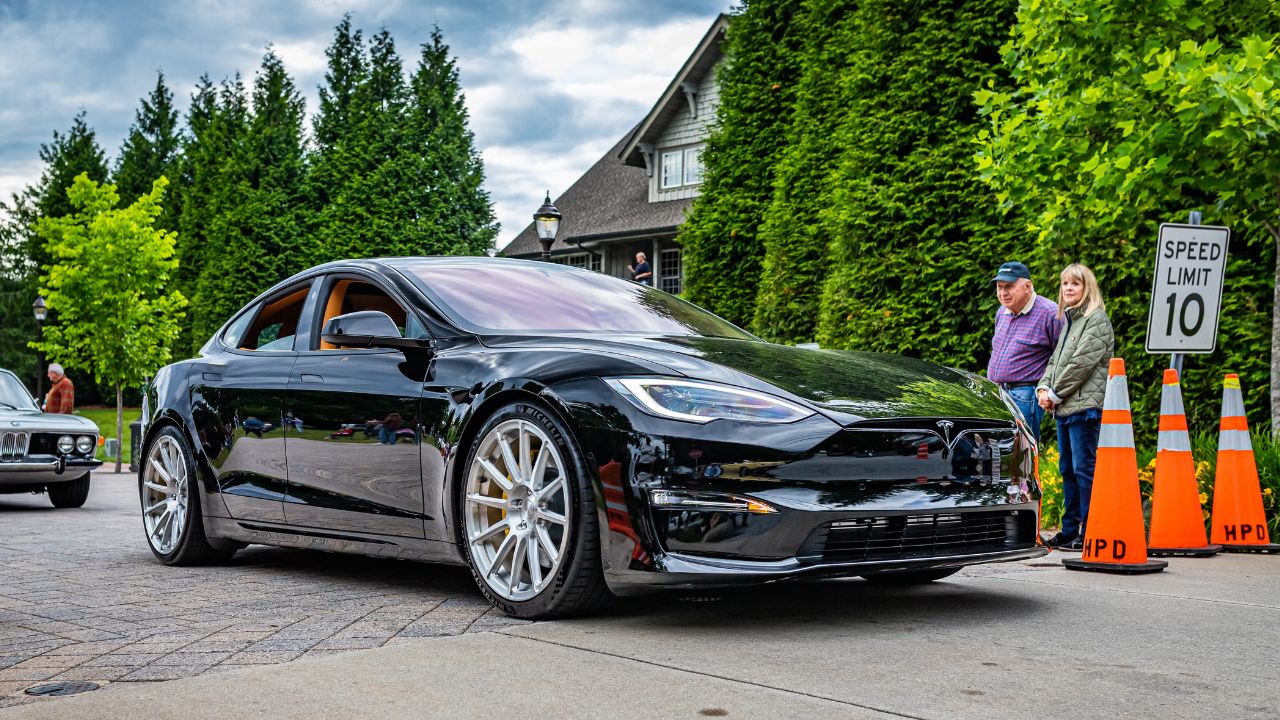

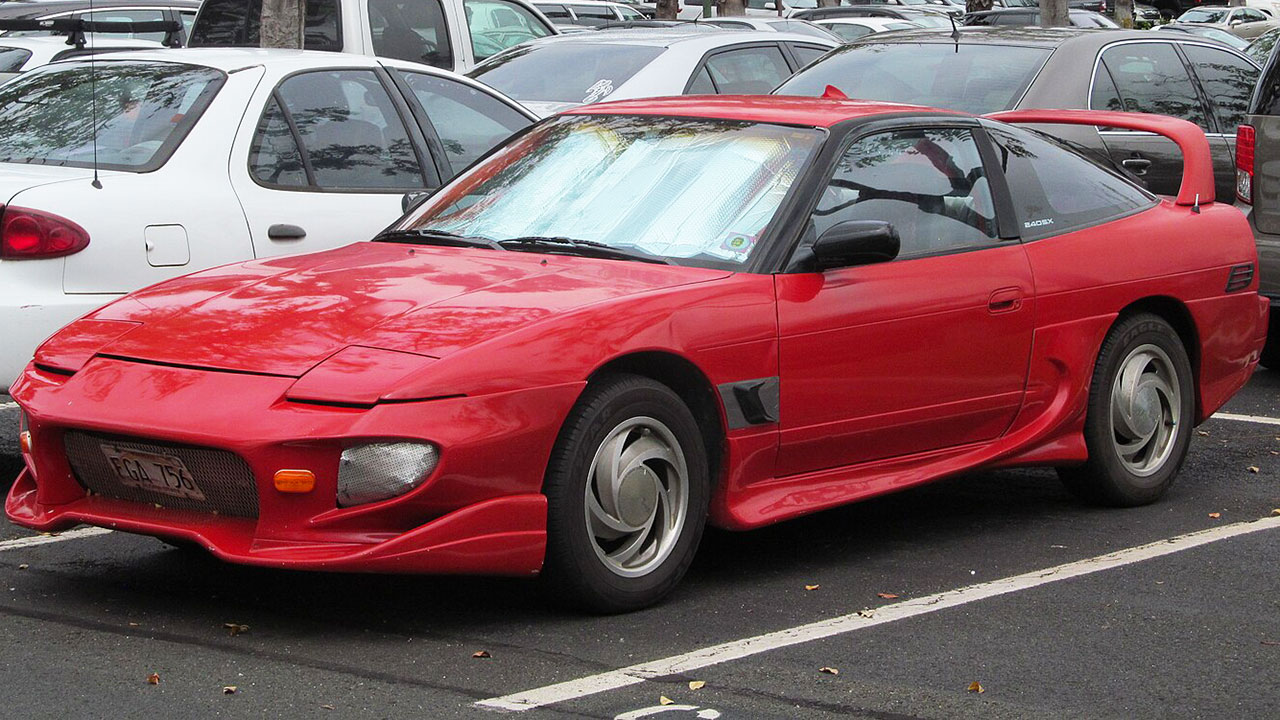
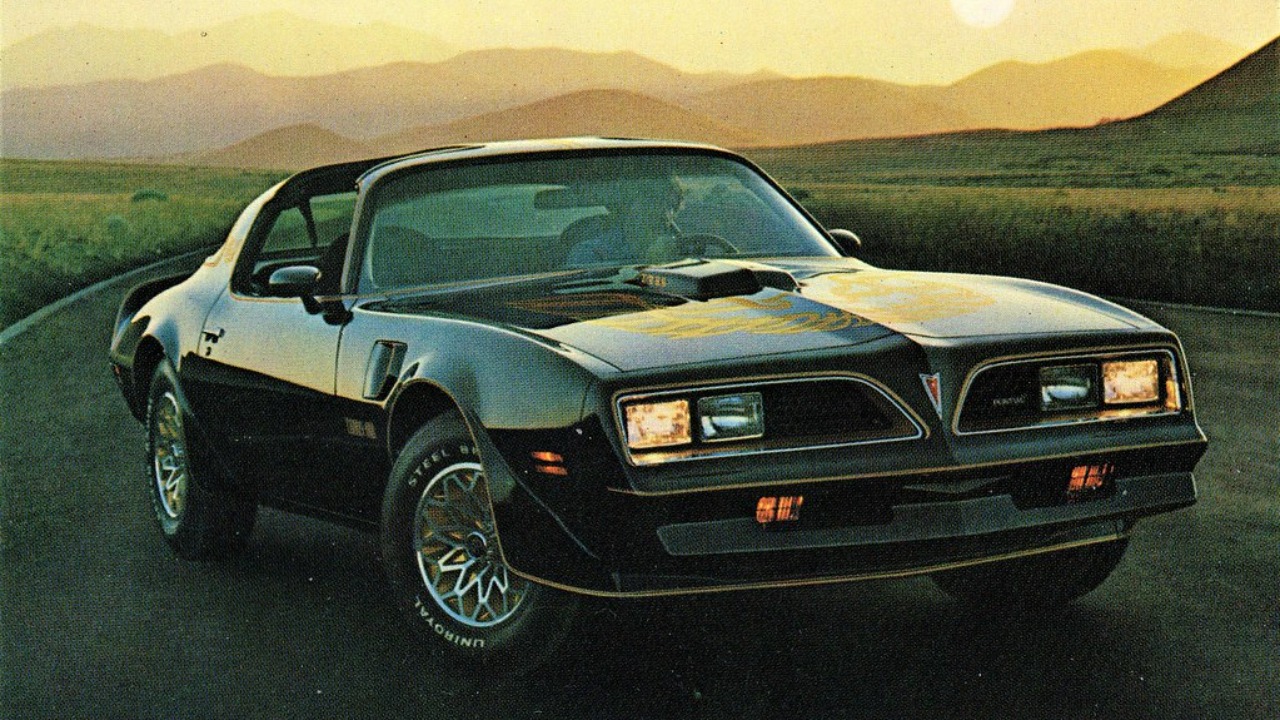
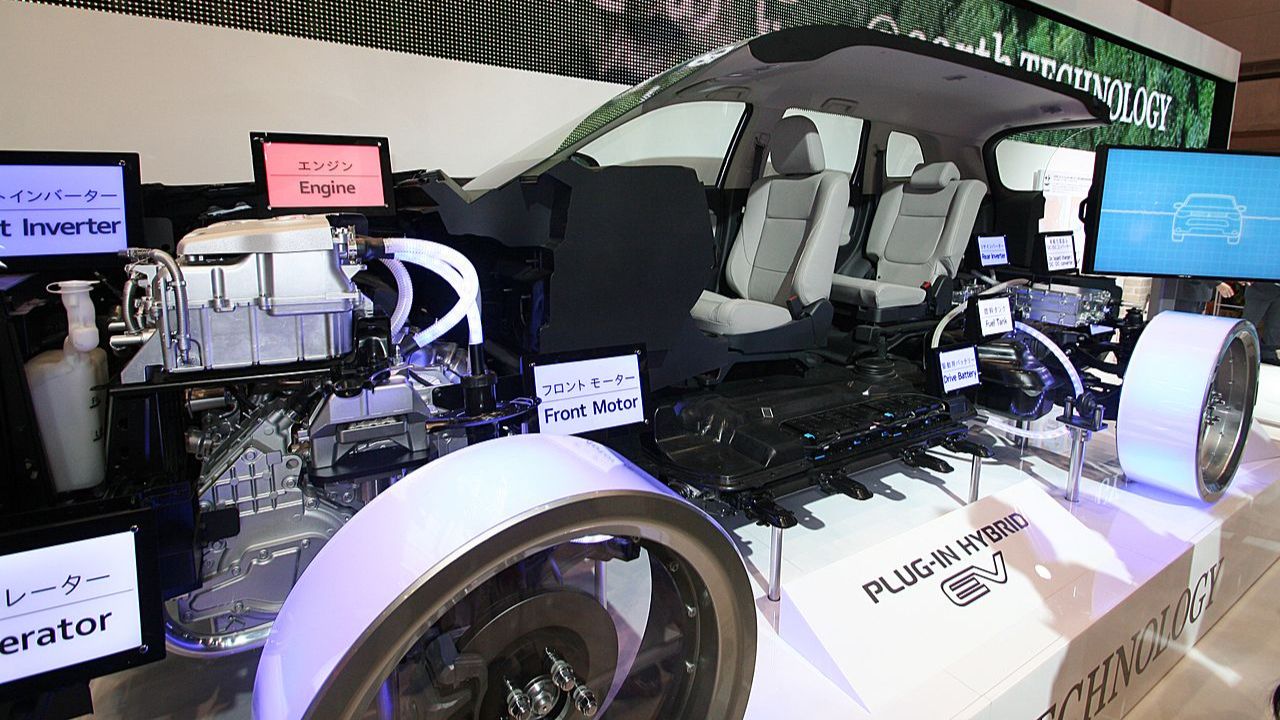
Leave a Reply